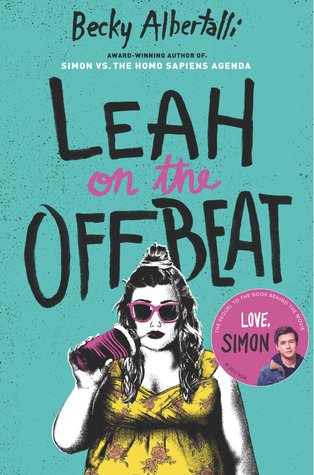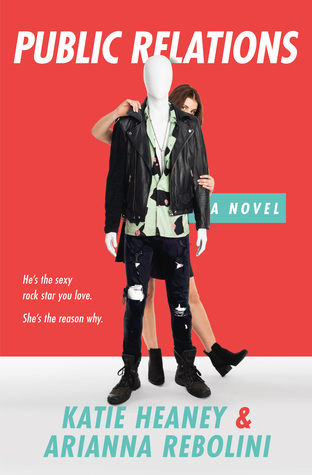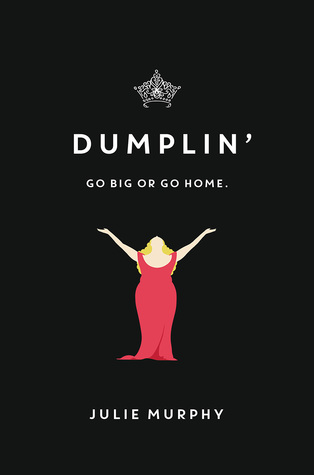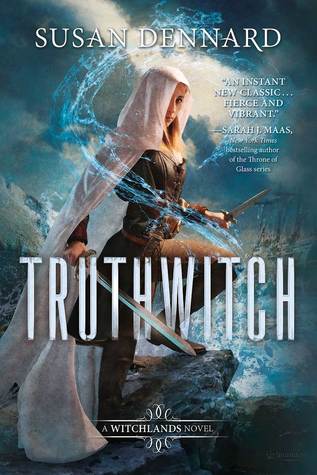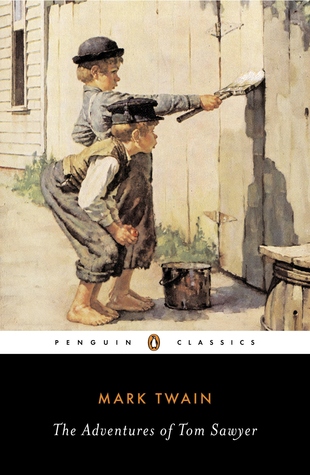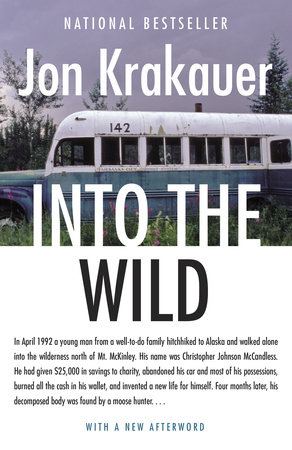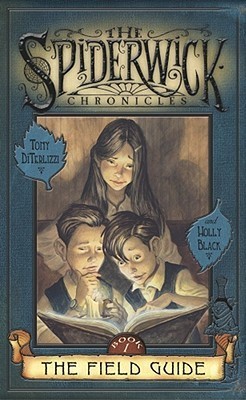Around this time last Fall, I was suddenly seized with the urge to place a massive book order. The impulsive stationary purchasing of my elementary through collegiate years - coinciding with the advent of school - had been replaced by a different form of paper-collecting as an adult. I turned to Book Outlet, to justify the pricing, which proved to be a very good idea when my order topped out at around eleven titles.
Three among them, were chosen specifically because of how well they fit my particular brand of Autumn-laced nostalgia: recent repackagings of
R. L. Stine's Fear Street books.
FEAR STREET AT THE LIBRARY
I was a total R. L. Stine junkie as a kid. I always felt too shy to check them out of the elementary school library during our weekly "Book Time," but the local library branch, located a brisk ten minute walk from my house, had them in plenty.
Still, even my fourth grade fixation on the
Goosebumps books, was nothing compared to
the summer before seventh grade, when, week by week, I checked out every single Fear Street book on offer.
I can even vividly remember where they were all placed... back in 2007, before my small suburban library had been struck by the impressive onslaught of the YA genre, all of the well-thumbed mass-market paperback books belonging to that age group fit onto a meager set of five wire shelves, all on one wall, at the furthest back of the "Kid's Section." Very different from the new and nicely-updated library I visit now, this corner used to be quite literally shadowy, largely due to its location, sandwiched behind two tall rows of shelves and the old computer terminals.
I would glance over the more antiquated fare - including two different time-stamped-and-stained editions of
Go Ask Alice - and the cutesy teen romances with cartoon-emblazoned covers, but you couldn't help but notice when you reached
Fear Street: the moody black, blue, green, and purple covers loomed darkly towards the bottom shelf.
As a kid who was - by all accounts, and still widely is - a total coward, these books marked a serious departure from my typical reading material.
I don't know what prompted me to pick up the first one, nor what carried me through a row of approximately fifteen to twenty titles, but I know that I loved them all.
That summer didn't end up altering my overall typical reading style too much, but it is fondly remembered by me, every time I see R. L. Stine's name. It's perhaps for that reason, that I associate summertime so strongly with the Horror genre... or maybe I just prefer to read about creepy things when the sun's still shining.
I hadn't thought about revisiting
Fear Street, until the second I saw them available in repackaged duologies on Book Outlet. Into the cart they went, and soon enough, they were in my hands. (Well, in my brother's hands. Ostensibly, I had bought them for him to read, too.)
But I hadn't read these books since that first binge-fest,
back when I was only just about to turn thirteen that October. Now, I was 25. I had no idea how things were going to go. I just knew that it was a ticket back in time I was willing to cash in.
RETURN TO FEAR STREET
As it turns out, the books I remember reading so vividly back when I was a preteen, perhaps haven't stood the test of time like I would have liked them to. Then again,
that isn't so much of a judgement against the source materials themselves, as it is against my expectations.
I should have expected the writing style to be fairly juvenile (they are Middle Grade, after all, and that's the time of my life where I enjoyed them the most).
The diction is simplistic, and appropriate for younger readers, while the syntax is so brief and unornamented that you can practically fly across the page. I ended up skimming a lot, simply because there wasn't a ton of details to get caught up in. As I found out from listening to one of his interviews, this brevity is deliberate, as it allowed his fans to click better with the characters.
The fast-paced action and flow is also helped along by an array of stereotypical tropes of horror, in order to more easily identify the genre, and make it move along more briskly. There weren't just ghosts, or guns, or mysterious figures, or terrifying creatures, or dead animals... but all of the above! It's an overload of puzzle pieces, not all of which are essential to the construction of the narrative, but again, make it more recognizable to readers who aren't as acquainted with the genre as of yet. For many, the
Goosebumps and
Fear Street books are a young readers' first foray into the realms of Horror and Thrillers, and by stocking the books so completely with these elements, it orients them into the aesthetic.
Every chapter ends with some form of cliffhanger, be it a foreboding final sentence promising danger to come, or a terrifying action about to take place. Repetitive and exaggerated, they easily compel you to keep on reading, something beneficial for readers with a shorter attention span, kind of akin to the end caps of
Nancy Drew novel chapters.

At first, with
Party Games, I chalked my apathy into being too focused on the para-text of the material (not only was the plot one I immediately remembered, but it actually bears some similarity to the movie
Game Night). In this novel, a hardworking and down-on-her-luck girl catches the attention of longtime crush and resident rich boy Brandon Fear, and is invited to a secluded cabin on an island for his birthday party with his friends. The "game" of them all getting arrested by the police goes sideways, when real kidnappers hijack the party.
Then, with
Don't Stay Up Late, various hallmarks of Stine's books - having an unlikeable main character, ignoring the warnings about Fear Street - started to irk me the more I read them. Every single person gets warned, and chooses to ignore it. Every single character has a secret motivation, a guilty conscience, or just a history of bad behavior. When you're a kid, these repeats feel familiar, like a recognizable motif of the author, but to an adult, they can become overbearingly repetitive.
I stopped after two books... the month of October was just not long enough to continue justifying reads that didn't fit my mood. But after a year of ruminating over the "failed" experiment, I think that I have a firmer grasp on the
Fear Street books, why I loved them, and what I don't necessarily love them now. Essentially:
MAYBE SOME THINGS ARE NOT GOOD AT 25, BECAUSE THEY WERE SO GOOD AT 12
As you can probably tell from the previous section, the various foibles of the
Fear Street novels - be they stereotypes and tropes, or simplistic writing - are made all the more into assets when transferred to the hands of a twelve year old. In rereading them, I was forced to confront the idea that
maybe they weren't as good the second time around, because they weren't for me anymore.
Listen, Middle School is a weird time, and Middle Grade is at least partially written to recognize that fact. For me, Stine's series became a summer fixation, not just because they were fast-paced, filled with thrilling action, and plots that felt like something new... but because at that time,
I was really looking for something that made me feel a little bit more grown up. That dark and Shady (
wink wink) shelf at the back of the Kid's Section, marked a departure, and reading about high schoolers encountering scary things, without adult intervention, felt like stepping into a new chapter of my own. Look at me, Mom, I'm checking out books from the YA section! They made me feel so
teenager.

Reading them again as an adult, and seeing with more experienced eyes, only made me realize how young I really was, when I loved them. In the end,
I can't help but miss not only the Fear Street books I read in my past, but the person I was when I tore through them all so voraciously.
Despite the fact that I didn't fall as fully back in love as I did as a kid, I would still pick up some of my old favorites - like
The New Girl, Prom Queen, The Dead Boyfriend, Killer's Kiss, and the
Fear Street Cheerleaders books, especially - in a heartbeat. I hope they keep coming out with more of the reprints... I may not be the one to read them right now, but I'm still willing to bet that there are plenty of kids who would be willing to give these strange and familiar books a go.
(But more importantly, I recently learned they re-released the
Dangerous Girls duology into a single package as
Bitten, so that's going to be high on my TBR list now. Because that's still a whole other story.)
Did you ever read the Fear Street books? Are you an R. L. Stine fan?
Let me know, in the comments below!
 "Top Ten Tuesday" is a weekly bookish meme, hosted by That Artsy Reader Girl!
"Top Ten Tuesday" is a weekly bookish meme, hosted by That Artsy Reader Girl!
















